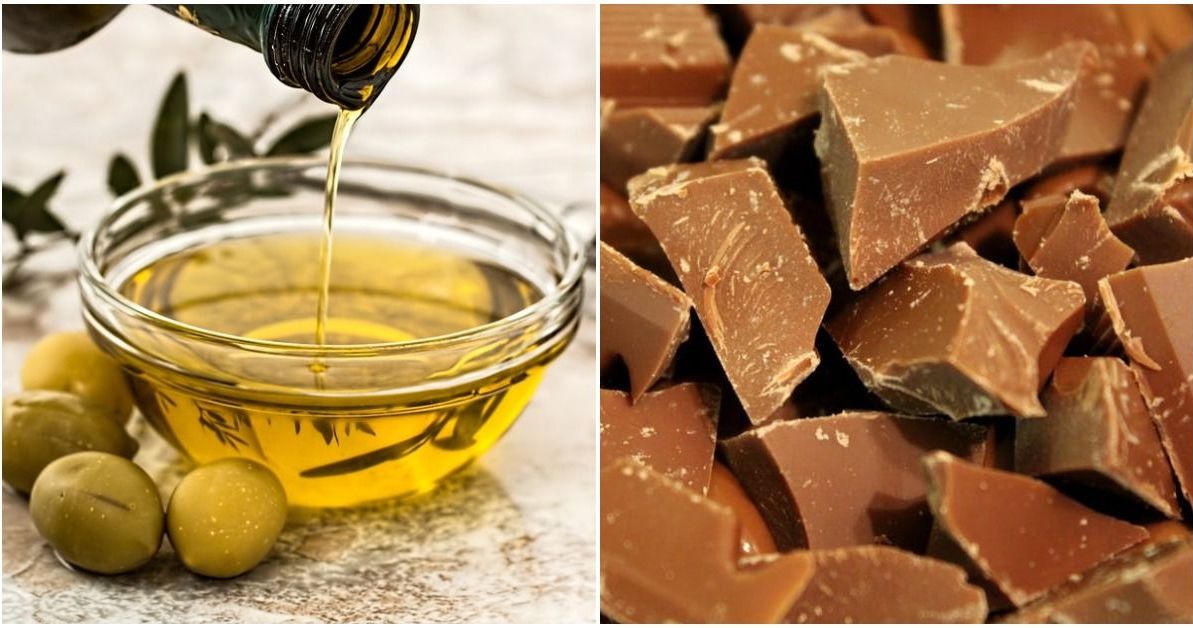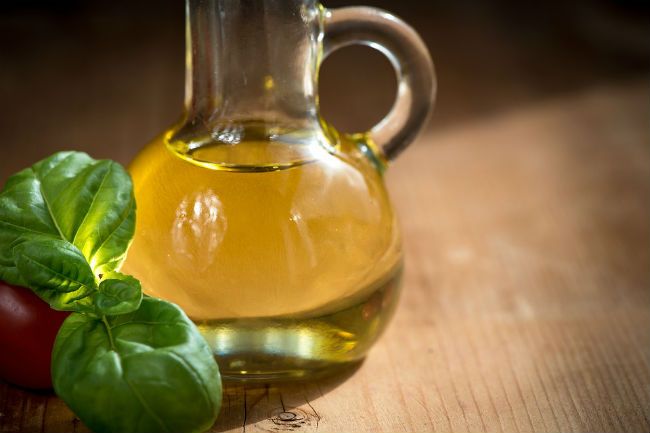Making healthy changes to your lifestyle is a natural part of getting older. But it's also not much fun.
Making time for exercise and cutting down on drinking and smoking will only add to your stress - which is also bad for your heart.
But making smart changes to your diet is an easy way to control your cholesterol level and lower your risk of heart disease.
Plaque, made from fat, calcium, and your body's natural waste, can build up in your arteries over time.

The reduced blood flow caused by this plaque can put you at risk of suffering a heart attack or stroke.
The good news is that your diet can help control plaque buildup, and losing weight can help lower your blood pressure.
1. Beans
These healthy veggies are rich in soluble fibers, which reduce the amount of (bad) LDL cholesterol in your blood stream by absorbing it.
Beans also contain healthy nutrients like protein, vitamins A, C, and K, calcium, iron, and magnesium, with very little sodium.
Studies even show that eating beans helps keep your blood vessels elastic, which naturally lowers your blood pressure and risk of heart disease.
2. Broccoli
Not everybody likes broccoli, but there's no denying this green vegetable is as healthy as can be.
Studies have already shown that eating more cruciferous (or leafy green) vegetables can reduce your risk of developing certain types of cancer.
These vegetables also contain a compound called sulforaphane, which fights inflammation and helps prevent clogs from forming in your arteries.
3. Chocolate
It sounds too good to be true, but there are actually quite a few proven health benefits of eating chocolate.
Cocoa beans, the key ingredient in this treat, contain flavanols, which help keep your heart in good condition.
Studies have even proven that eating chocolate in small amounts will lower your risk of heart failure.
The important thing is choosing a variety with 70% cocoa or more to get all those healthy benefits.
4. Oats
Like beans, oats are a great source of soluble fiber, and enjoying them every day will help lower your cholesterol.
You can double up on fiber and see even more benefits by adding fruit like berries, apples, or bananas to your morning oats.
Pick a dairy snack rich in whey protein, like Greek yogurt, and your'll bring down the LDL in your bloodstream even more.
5. Almonds
Like tree nuts, almonds are a great source of omega-3 fatty acids, the kind of "healthy fats" that reduce inflammation throughout your body.
Mixing almonds into your diet can help bring down your blood pressure, and they're proven to help lower the risk of complications for patients who already have a history of heart trouble.
6. Olive Oil
Swapping out salty, fatty butter for olive oil in your favorite recipes is a small change, but it can make a big difference for your heart health.
This oil, especially the extra virgin variety, is rich in omega-3s, and can lower your blood pressure by reducing inflammation.
You also get less calories and more healthy nutrients in every meal when you cook with this oil.
7. Lentils
If you haven't tried these tiny relatives of beans yet, now is the time.
They're a tasty vegetable packed with protein, fiber, calcium, potassium, and magnesium, but almost no fat.
Research on rats has actually shown that eating lentils can repair damaged blood vessels, fighting the effects of high blood pressure.
8. Watermelon
Whether or not they're in season, now you have an excuse to enjoy watermelon year-round.
These fruits are loaded with a compound called citrulline, which relaxes your blood vessels and naturally lowers your blood pressure.
Just be sure to eat the rind too, because it contains plenty of healthy fiber.
9. Eggs
You may still think that eggs are a cholesterol killer, but new research says that's not true.
It turns out the cholesterol absorbed from the food we eat has less impact than we thought, meaning that eggs are still very healthy.
In fact, newer research says that an egg a day can lower your risk of heart disease by 11% while also promoting (good) HDL cholesterol.
10. Fish
Fish are some of the best sources of omega-3 fatty acids you can get at the grocery store.
A steady supply of fish will reduce the fat content in your blood, preventing clogs, which is why the American Heart Association recommends eating two servings of fish a week.
Bear in mind that frying the fish in oil or breading it can counteract some of the healthy benefits.
11. Avocados
Yes, they can be a pain to chop up. And yes, they tend to go rotten on your counter.
But avocadoes are a uniquely great source of MUFAs, or monounsaturated fatty acids.
That means they are rich in both health fats and fiber. So eating them regularly is twice as effective as most foods for controlling your blood cholesterol levels.












